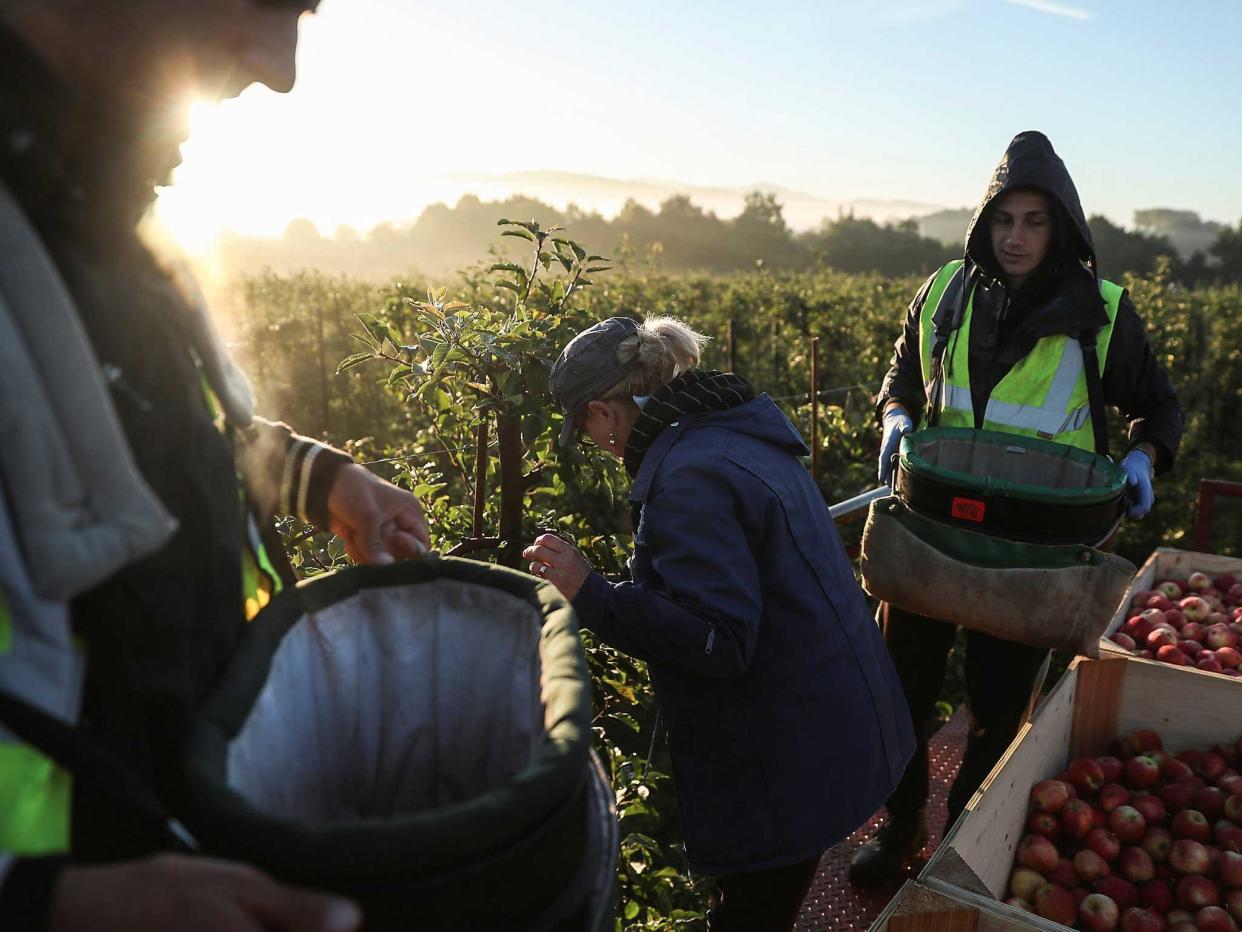Brexit could spark food industry crisis, select committee warns

Brexit could spark a crisis for the food industry unless urgent measures are taken to fill gaps in the labour supply, a Select Committee has warned.
Agricultural businesses are facing “considerable difficulties” in recruiting and retaining their workforce, according to an Environment, Food and Rural Affairs (EFRA) report called Feeding the Nation: Labour Constraints.
The warning comes as the Tories pledge to end freedom of movement and drastically reduce net migration looms over the industry.
Roughly 400,000 people currently work in the UK food manufacturing trade but 120,000 of them are not British citizens.
“We do not share the confidence of the Government that the sector does not have a problem: on the contrary, evidence submitted to this inquiry suggests the current problem is in danger of becoming a crisis if urgent measures are not taken to fill the gaps in labour supply,” EFRA wrote.
Royal Agricultural University lecturer Phil Hudson warned the crisis could have very “real implications” for the way we eat.
“If freedom of movement finishes overnight a lot of these businesses would simply not be able to continue,” he told The Independent.
“You can't just turn on the tap one minute and turn it off the next, that has real implications for us in terms of the supply of British fruit and vegetables and also the dairy industry.”
A spokesperson for the Food and Drink Federation told The Independent it was imperative the Government provides assurances over the future of the industry’s EU workers.
“We face a skills gap in our industry and require access to these employees in order to remain competitive,” they said.
“These employees are vital to keeping the UK fed, and if you can’t feed a country, you haven’t got a country.”
In the Conservative manifesto, Theresa May pledged to "control" the number of EU migrants, "while still allowing us to attract the skilled workers our economy needs".
Mr Hudson said: “If I was going to be wanting to make a big capital investment in my business to expand, I would need to know I would be able to secure the labour I need. Not knowing is one of the most difficult issues.”

 Yahoo News
Yahoo News 
